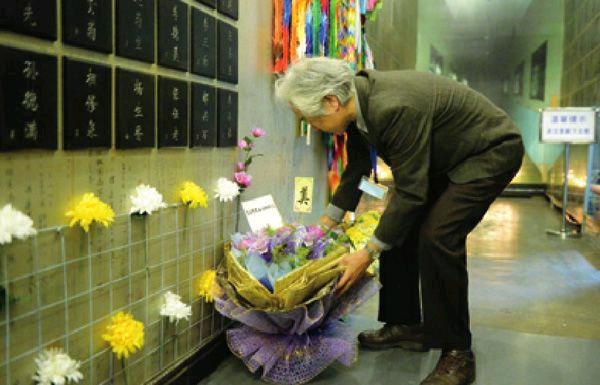Irrefutable Evidence
By+Bu+Ping
With the emergence of new evidence of biological experiments on humans conducted by the Japanese army in China in the first half of the last century, the brutal crimes of Imperial Japan and its militarism have been denounced universally.
Particularly, the testing of chemical and biological weapons on live humans by Unit 731 of the Imperial Japanese Army during World War II is among the most savage acts in the history of humanity. A post-war investigation conducted by the United States showed that in 1943 alone, over 800 people fell victim to Unit 731s tests. In 1945, the number was around 1,000. According to the confession of Japanese war criminals at a trial in the former Soviet Unions Khabarovsk in December 1949, at least 3,000 experiments were conducted on humans by Unit 731.
However, out of their own interests, the United States covered up the gruesome atrocities of Unit 731 and offered those responsible for the chemical and biological warfare a plea bargain in return for their research results. Thus, the brutalities of the Japanese army are seldom discussed publicly. Only a small set of details on what Unit 731 did were mentioned and made public during the Khabarovsk trial.
In the course of the Khabarovsk trial, one Unit 731 army officer confessed that on January 26, 1938, the Headquarters of the Japanese Kwantung Army stationed in northeast China ordered its troops to send recently arrested individuals directly to the military police in Harbin, northeast Chinas Heilongjiang Province, without the need of any legal procedures. This was known as“special transfer” in the order. As “special transfer” was a euphemism used by the Kwantung military police, even ordinary officers did not know what the real purpose of such activities were.
Saito Yoshio, then chief of the police section of the Japanese Kwantung Army, confessed after the war that “special transfer” referred to sending prisoners to Unit 731.
However, since only an incomplete testimony from the Khabarovsk trial was available, most details about the Japanese armys biological and chemical warfare testing on humans had remained unknown, which inspired Japanese rightwing forces attempts to deny they even took place at all. Thus, the documents recently published by Changchun-based Jilin Provincial Archives about “special transfers” serve as valuable evidence of the Japanese armys crimes. endprint
endprint
In 1999, the Heilongjiang Provincial Archives also uncovered documents that recorded a “special transfer” involving 52 anti-Japanese intelligence agents, of whom 42 were sent to the Kwantung military police in Harbin. On the basis of this evidence, the Jilin Provincial Archives conducted extensive research into its collections of documents on the Kwantung military police and found about 200 files that refer to“special transfers” of at least 277 people, including Chinese, Korean, Mongolian and Soviet citizens.
The names of 33 people are mentioned in documents on “special transfers” in both Jilin and Heilongjiang provincial archives. This is due to the fact that Changchun in Jilin Province was the capital of the Japancontrolled Manchurian regime in northeast China as well as the headquarters of the Kwantung military police. There are documents of correspondence between the Kwantung military police and its various branches. Therefore, the documents collected in the two provinces reinforce one other. There are more relatively complete documents stored at the headquarters of the Kwantung military police in Changchun. These form important proof of Japans atrocities in China.
Japanese scholars affiliated with peaceloving organizations have shown great concern over the newly uncovered archives in Jilin. They claim that war crimes as a gen- eral concept have failed to arouse reflection on the countrys past from the Japanese people, but the exceptional inhuman brutality of the Unit 731s bacterial experiments on live humans could possibly shock people enough to start such introspection.endprint

